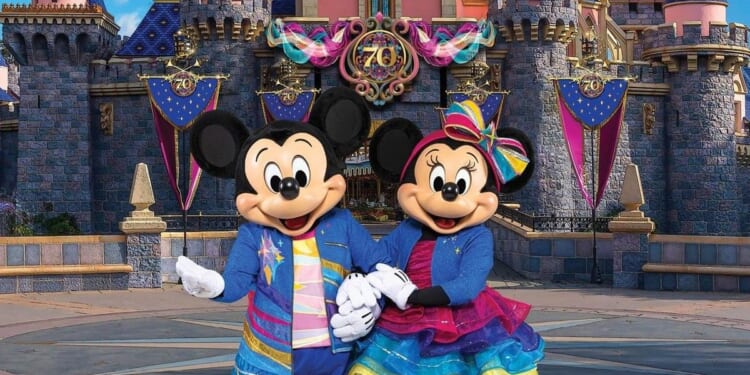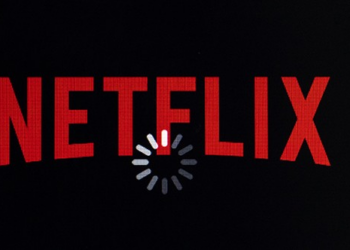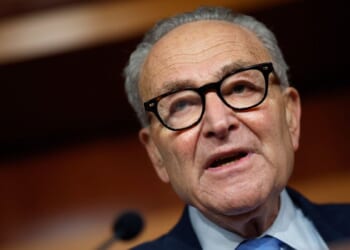
Disney’s fourth-quarter performance was mixed with a weaker performance from cable and the box office somewhat offset by strength in its streaming business and theme parks.
Disney is still trying to work out a new licensing deal with YouTube after its content went dark on YouTube TV two weeks ago, leaving subscribers of the Google-owned livestreaming platform without access to major networks like ESPN during the college football season.
Shares slumped more than 8% Thursday with executives saying those discussions could go on for some time.
The Walt Disney Co. earned $1.31 billion, or 73 cents per share, for the three months ended Sept. 25. It earned $460 million, or 25 cents per share, in the prior-year period.
Stripping out one time charges and costs, earnings were $1.11 per share. That’s better than the $1.03 per share that analysts polled by Zacks Investment Research predicted.
Revenue for the Burbank, California, company totaled $22.46 billion, short of Wall Street’s estimate of $22.86 billion.
Revenue for Disney Entertainment, which includes the company’s movie studios and streaming service, dropped 6%, while revenue for the Experiences division, its parks, climbed 6%.
Operating income from linear networks dropped 21% and revenue slipped 16%. Disney said that the operating income decline was driven by the Star India transaction, as Star India contributed $84 million to its year-ago results. Operating income for domestic linear networks fell 7% due to lower advertising driven by declines in viewership and political advertising.
Disney said that its movie distribution results were weaker when compared with the same period last year, which was buoyed by “Deadpool & Wolverine” and spillover receipts from “Inside Out 2.” Films released during the most recent quarter included “The Fantastic Four: First Steps,” “The Roses” and “Freakier Friday.”
Disney’s direct-to-consumer business, which includes Disney+ and Hulu, posted quarterly operating income of $352 million compared with $253 million a year ago. Revenue rose 8%.
The Disney+ streaming service had a 3% increase in paid subscribers domestically, which includes the U.S. and Canada. There was a 4% rise internationally, which excludes Disney+ HotStar.
Total paid subscribers for Disney+ came to 132 million subscribers, up from 128 million in the third quarter. Disney+ and Hulu subscriptions reached 196 million, an increase of 12.4 million, from the third quarter.
That number is notable after cancellations doubled in September, according to data from subscription analytics company Antenna. Cancellations spiked after ABC briefly suspended “Jimmy Kimmel Live!” for comments he made on the show following the death of killing of conservative activist Charlie Kirk.
Prior to the incident, Disney had said in August that it anticipated that total fourth-quarter Disney+ and Hulu subscriptions would increase more than 10 million compared with the third quarter, with most of the increase coming from Hulu due to the expanded Charter deal. The company had also expected a modest increase in the number of Disney+ subscribers in the fourth quarter.
With Warner Bros. Discovery signaling last month that it may be open to selling all or parts of its business, Disney Chief Financial Officer Hugh Johnston said during the company’s earnings call that the entertainment giant feels it has a “great portfolio” and doesn’t need to do anything.
“We’ll see how the various moves play out,” Johnston said. “But we like the hand that we have right now. So I wouldn’t expect us to participate in making any significant moves.”
The Experiences division, which includes Disney’s six global theme parks, its cruise line, merchandise and video game licensing, reported operating income climbed 13% to $1.88 billion. Operating income increased 9% at domestic parks. Operating income surged 25% for international parks and Experiences.
Disney maintained its forecast for double-digit adjusted earnings per share growth for fiscal 2026 and fiscal 2027. The company is also targeting $7 billion in share repurchases in fiscal 2026, which is double the repurchases in fiscal 2025. Its board boosted Disney’s dividend to $1.50 per share, a 50% increase from fiscal 2025.

















